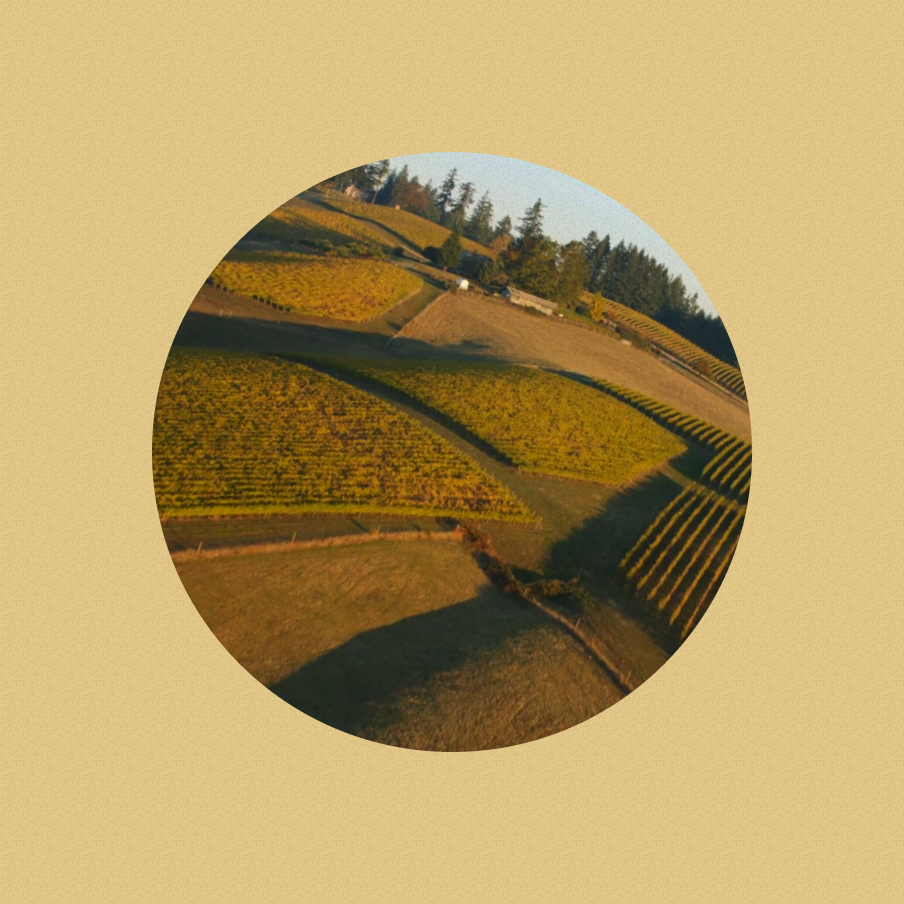
What is it to be human?
Miroslav Volf on the World as a Gift
Life Worth Living Team
"Each thing in the world is now a relationship marked by love."
Listen on
Flourishing life comes through understanding the world as a gift, and God as the giver.
It is common in many circles these days to encourage the practice of gratitude. Gratitude to people for kind things they have done, but also gratitude for life and the world as a whole. What is less clear is: to whom ought we be grateful for these things?
Christian theologian Miroslav Volf suggests that the Abrahamic traditions (Judaism, Christianity, and Islam) share a clear answer to this question, and place it at the center of their visions of flourishing. For these traditions flourishing life comes through understanding the world as a gift, and God as the giver.
[.alt-blockquote]Now imagine that you feel a bond to the giver of the gift that is the world, that you are a good Christian (or a Jew or a Muslim) and that you “love the Lord your God with all your heart and with all your soul, and with all your strength, and with all your mind” (Deuteronomy 6:5; Luke 10:27). Imagine also that in response to the God you love, you also “love your neighbor as your self” (Leviticus 19:18; Luke 10:27). Spread wide and boldly the wings of your fancy and imagine that all your neighbors do the same, which is, of course, exactly how Christians have for centuries imagined the world to come—as the world of love. Each thing in the world is now a relationship marked by love. Each distant star and every gentle touch, each face and every whiff of the freshly plowed earth, in sum, literally every good and beautiful thing shimmers with an aura both vibrantly real and undetectable to our five senses. Each thing in the world is more than itself and just so a source of deep and many-layered pleasure. [… ] When we experience ordinary things as God’s gifts and when we rejoice in experiencing them as such, the world, in a sense, reaches its completion, for the duration of the experience at least. The world then becomes to us what God created it to be.[.alt-blockquote]
[.alt-blockquote-attribution]Miroslav Volf, Flourishing: Why We Need Religion in a Globalized World, 204-205[.alt-blockquote-attribution]
Questions
- If and when you express gratitude for life or for the world as a whole, to whom are you grateful?
- If and when you think about God, do you understand God as “Giver”? What experiences have challenged or enriched this understanding for you?
- Do you think it is possible to view every thing in the world with love? How could one hold this view of the world in light of, for example, acts of violence?
- Have you experienced moments where “every good and beautiful thing shimmers” with love? What factors do you think were present to create that experience?
- If you lived in a state of feeling every relationship and thing marked by God’s love, how would your approach to your community change? Social advocacy?
- What ordinary things to do you most often notice as God’s gifts? What ordinary things are more difficult for you to view in this way?
It is common in many circles these days to encourage the practice of gratitude. Gratitude to people for kind things they have done, but also gratitude for life and the world as a whole. What is less clear is: to whom ought we be grateful for these things?
Christian theologian Miroslav Volf suggests that the Abrahamic traditions (Judaism, Christianity, and Islam) share a clear answer to this question, and place it at the center of their visions of flourishing. For these traditions flourishing life comes through understanding the world as a gift, and God as the giver.
[.alt-blockquote]Now imagine that you feel a bond to the giver of the gift that is the world, that you are a good Christian (or a Jew or a Muslim) and that you “love the Lord your God with all your heart and with all your soul, and with all your strength, and with all your mind” (Deuteronomy 6:5; Luke 10:27). Imagine also that in response to the God you love, you also “love your neighbor as your self” (Leviticus 19:18; Luke 10:27). Spread wide and boldly the wings of your fancy and imagine that all your neighbors do the same, which is, of course, exactly how Christians have for centuries imagined the world to come—as the world of love. Each thing in the world is now a relationship marked by love. Each distant star and every gentle touch, each face and every whiff of the freshly plowed earth, in sum, literally every good and beautiful thing shimmers with an aura both vibrantly real and undetectable to our five senses. Each thing in the world is more than itself and just so a source of deep and many-layered pleasure. [… ] When we experience ordinary things as God’s gifts and when we rejoice in experiencing them as such, the world, in a sense, reaches its completion, for the duration of the experience at least. The world then becomes to us what God created it to be.[.alt-blockquote]
[.alt-blockquote-attribution]Miroslav Volf, Flourishing: Why We Need Religion in a Globalized World, 204-205[.alt-blockquote-attribution]
Questions
- If and when you express gratitude for life or for the world as a whole, to whom are you grateful?
- If and when you think about God, do you understand God as “Giver”? What experiences have challenged or enriched this understanding for you?
- Do you think it is possible to view every thing in the world with love? How could one hold this view of the world in light of, for example, acts of violence?
- Have you experienced moments where “every good and beautiful thing shimmers” with love? What factors do you think were present to create that experience?
- If you lived in a state of feeling every relationship and thing marked by God’s love, how would your approach to your community change? Social advocacy?
- What ordinary things to do you most often notice as God’s gifts? What ordinary things are more difficult for you to view in this way?
Context
- Miroslav Volf's Flourishing: Why We Need Religion in a Globalized World
Pairs Well With
- Willie Jennings, "God’s Righteous Indignation"
- Accounts of the world as "cosmos" (on Charles Taylor's terms)
- Accounts of God as ultimate source of responsibility
Doesn’t Go With
- Carl Sagan's "Great Demotions"
- Accounts of the world as "universe" (on Charles Taylor's terms)























